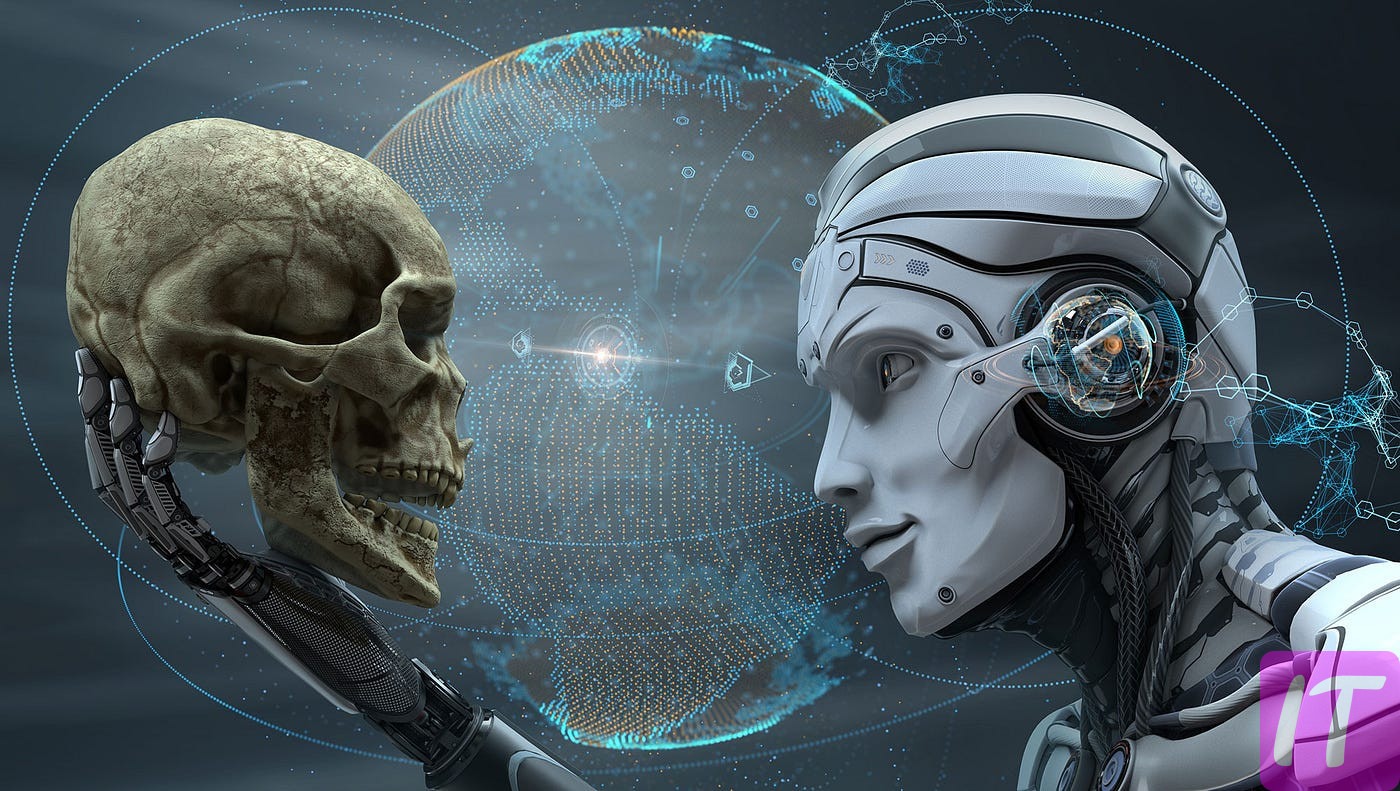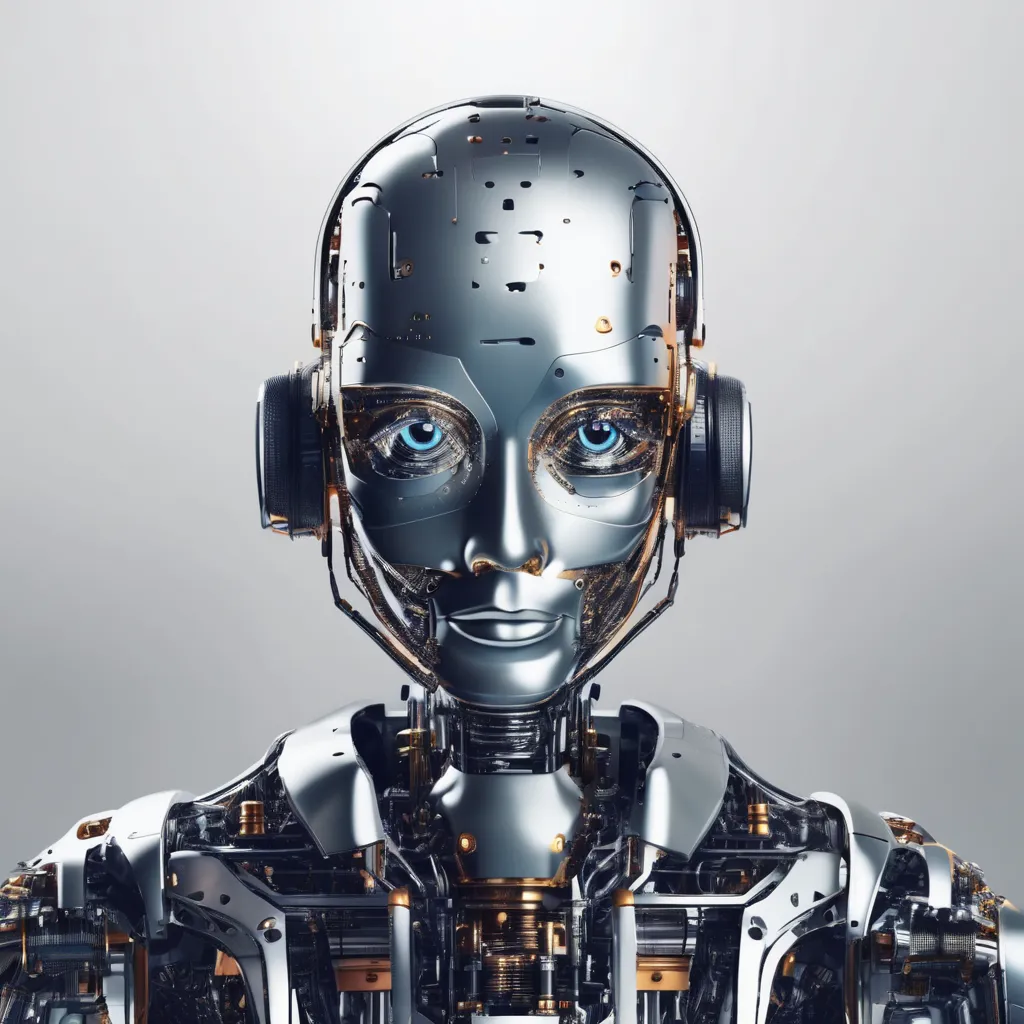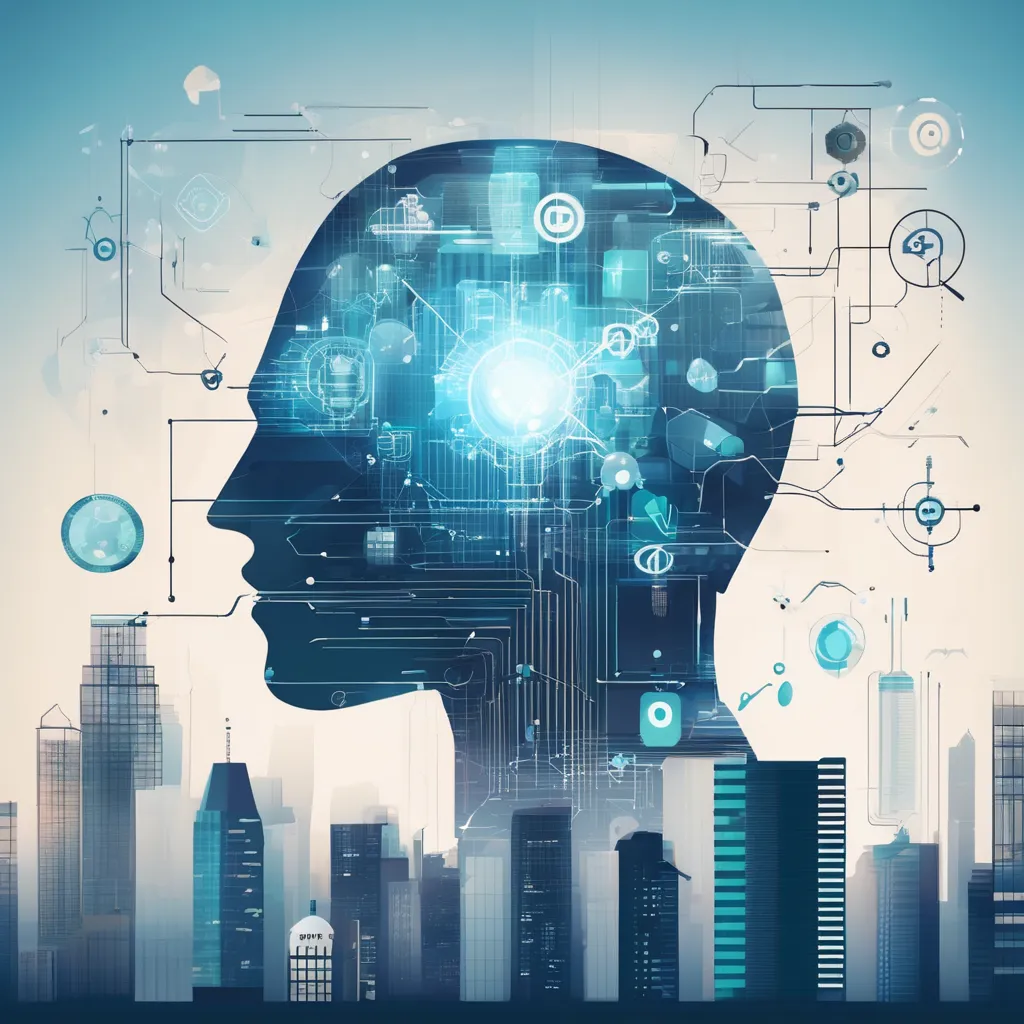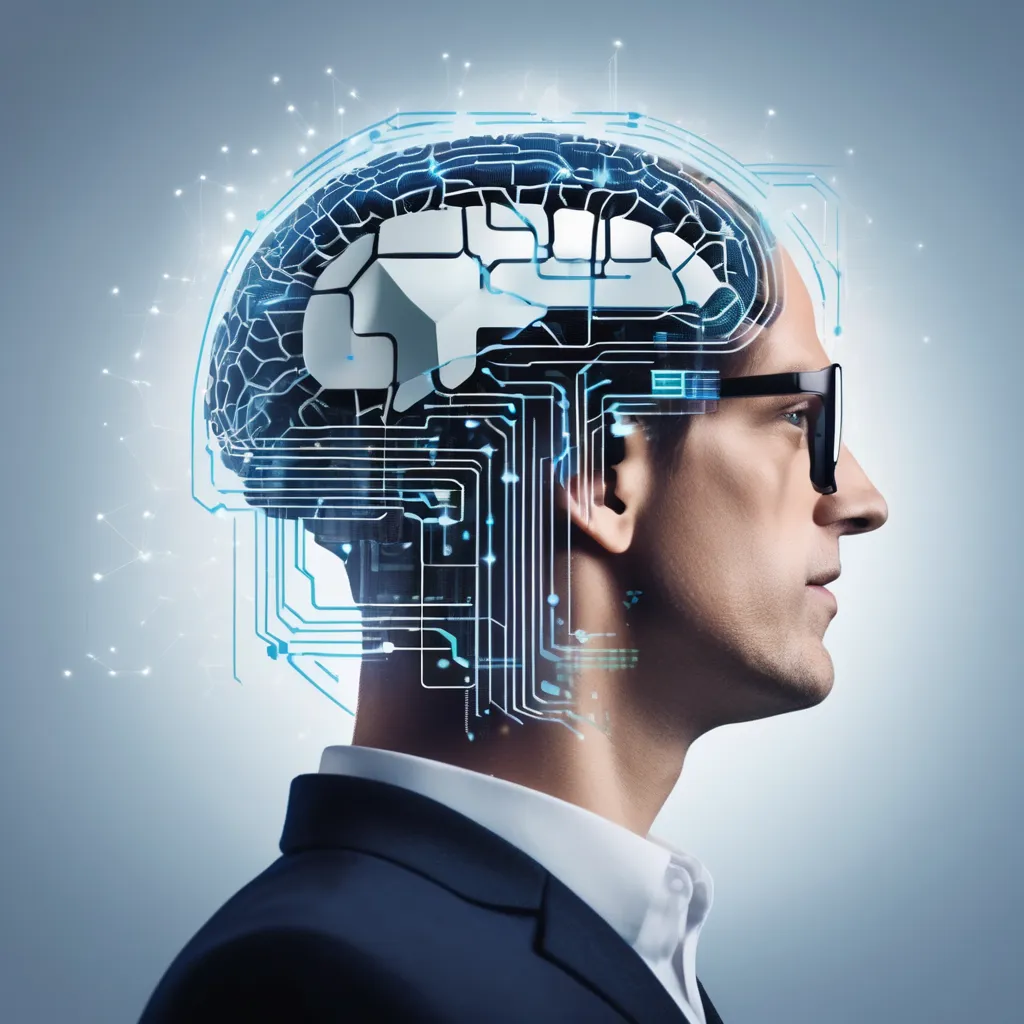Is it possible that artificial intelligence will be a threat to human life in the future?
Artificial Intelligence (AI) has long been regarded as a monumental advancement in technology, offering remarkable benefits across various fields from healthcare to entertainment. However, as AI continues to evolve in complexity and application, discussions around its potential threats to human life have become more pronounced. This article aims to provide an analytical and skeptical examination of whether artificial intelligence could pose a threat to humanity in the future, organized under various pertinent headings.
Understanding the Basics of Artificial Intelligence
Artificial Intelligence encompasses computational systems designed to perform tasks that typically require human intelligence. These tasks include but are not limited to problem-solving, decision-making, language understanding, and visual perception. AI systems are broadly categorized into Narrow AI, which specializes in a single task, and General AI, which hypothetically would perform any intellectual task a human can do. The field has seen significant advancements particularly in machine learning, a subset of AI focused on building systems that can learn and adapt from experience without being explicitly programmed. Understanding these basics is essential to grasp the broader implications discussed later.
The Rise of AI: A Double-Edged Sword
AI’s ascendancy represents both an incredible opportunity and a potential peril. On one hand, AI offers innovative solutions to problems in healthcare, finance, transportation, and more. On the other, it introduces risks such as job displacement, security vulnerabilities, and ethical dilemmas. The dual nature of AI technology serves as a reminder that while it holds promise, it also requires vigilant oversight. The rapid pace at which AI is developing necessitates a balanced view, incorporating both its benefits and its possible dangers.

Potential Threats Posed by Artificial Intelligence
One significant threat posed by AI is the potential for malicious use. Hackers could leverage AI to develop more sophisticated cyber-attacks, making detection and prevention exponentially more difficult. Additionally, autonomous AI systems might malfunction or be programmed with harmful intentions, leading to unintended consequences. There’s also the fear of AI systems developing unintended biases that could reinforce social inequalities. These potential threats underscore the need for stringent monitoring and control mechanisms.
Can AI Outthink Its Human Creators?
AI systems are becoming increasingly capable of performing tasks that were once the exclusive domain of human intelligence. However, the question of whether AI can outthink humans or possess consciousness remains speculative. Most experts believe that current AI lacks true understanding and awareness, instead functioning through highly advanced pattern-recognition algorithms. Nonetheless, the possibility of AI surpassing human cognitive capabilities in specific areas cannot be entirely dismissed, raising questions about control and ethical considerations.
Case Studies: When AI Went Wrong
Case studies offer a practical perspective on the risks associated with AI. One notable example is Microsoft’s chatbot Tay, which was quickly manipulated to express offensive remarks after interacting with users on Twitter. Another instance is the stock market ‘Flash Crash’ of 2010, where algorithmic trading systems contributed to a rapid market decline. These cases illustrate the potential for AI systems to behave unpredictably, highlighting the need for robust safeguards.

Ethical Concerns in the Development of AI
AI’s development brings with it a host of ethical concerns, particularly regarding privacy, bias, and accountability. For instance, facial recognition technology has been criticized for its potential use in surveillance and its tendency to misidentify individuals, especially among minority groups. There are also questions about who is responsible when an AI system causes harm. These ethical dilemmas are complex and require careful consideration to ensure that AI development aligns with societal values.
Is There a Real Risk of AI Becoming Autonomous?
While AI autonomy is a topic of much debate, current AI systems generally lack self-awareness and operate within predefined parameters. However, as technologies like machine learning and neural networks advance, there’s a possibility that future systems could achieve a degree of autonomy. This raises concerns about whether such systems could make decisions without human intervention, and what safeguards would be necessary to prevent misuse or malfunction.
The Role of Machine Learning in Advancing AI
Machine learning has been a key driver in the advancement of AI, enabling systems to learn from data and improve over time. This capability allows AI to perform increasingly complex tasks with greater accuracy. However, machine learning also introduces challenges such as data quality, interpretability, and the potential for biased learning algorithms. These challenges highlight the need for ongoing research to ensure that machine learning advances safely and ethically.
AI in Warfare: A Growing Concern
The use of AI in military applications presents unique and troubling risks. Autonomous weapons systems, for example, could make life-and-death decisions without human intervention. The prospect of AI-driven warfare raises ethical questions about accountability and the potential for unintended escalations. Additionally, adversarial AI could be used to exploit weaknesses in other countries’ defense systems, increasing the likelihood of conflict. The militarization of AI is a growing concern that requires international cooperation to manage.
Will AI Take Over Jobs and Economies?
One of the more immediate concerns is AI’s impact on jobs and economies. Automation has the potential to displace workers in various industries, from manufacturing to customer service. While AI can create new job opportunities, it requires a workforce skilled in managing and developing AI technologies, which could exacerbate existing skill gaps. The economic disruptions caused by widespread AI adoption necessitate proactive measures, such as retraining programs and social safety nets, to mitigate negative impacts on employment.
The Debate on AI Safety Regulations
The debate on AI safety regulations centers on finding the right balance between innovation and risk management. Some argue for stringent regulations to prevent misuse and ensure ethical development, while others caution that overly restrictive policies could stifle innovation and slow progress. Effective regulation requires collaboration between governments, industry leaders, and the scientific community to establish standards that promote safety without hindering technological advancement.
Is AI Capable of Ethical Decision Making?
AI systems currently lack the ability to make ethical decisions in the way humans do. While they can be programmed to follow certain ethical guidelines, these systems do not possess the moral reasoning capabilities required to navigate complex ethical dilemmas. This limitation is a significant barrier to deploying AI in fields where ethical decision-making is crucial, such as healthcare and criminal justice. Addressing this challenge involves not only technical solutions but also interdisciplinary research in ethics and philosophy.
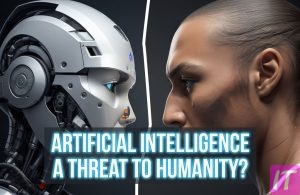
Forecasting Future Scenarios: AI and Human Conflict
Predicting future scenarios involving AI and human conflict involves a range of possibilities, from benign coexistence to catastrophic outcomes. Some experts envision a future where AI enhances human capabilities and contributes to societal well-being. Others warn of scenarios where AI becomes uncontrollable or is weaponized, leading to large-scale conflict. These divergent views underscore the uncertainty surrounding AI’s future impact and the importance of proactive measures to guide its development.
Expert Opinions: Is AI a Threat to Humanity?
Expert opinions on AI’s potential threat to humanity vary widely. Some, like Elon Musk and Stephen Hawking, have issued stark warnings about the existential risks posed by AI. Others, such as AI researcher Andrew Ng, believe that fears of superintelligent AI are overblown and that more immediate concerns, like job displacement, should take precedence. This diversity of views highlights the complexity of the issue and the need for ongoing dialogue and research.
Can AI Evolve Without Human Supervision?
The idea that AI could evolve without human supervision is a highly speculative yet concerning possibility. In theory, advanced AI systems could develop new capabilities through self-learning and adaptation, potentially beyond human control. This scenario raises critical questions about containment and oversight mechanisms. While current AI technologies are far from this level of autonomy, the possibility warrants serious consideration and safeguards to prevent unwanted outcomes.
The Dangers of AI in Cybersecurity
AI poses both opportunities and threats to cybersecurity. On one hand, AI can be used to enhance security measures by detecting and responding to threats more swiftly than human operators. On the other, cybercriminals can exploit AI to conduct more sophisticated attacks, such as generating undetectable malware or executing complex social engineering schemes. The dual-use nature of AI in cybersecurity necessitates robust defenses and constant vigilance.
Human Dependence on AI: A Vulnerability?
As society becomes increasingly reliant on AI for everyday tasks, human dependence on these systems may become a vulnerability. Critical infrastructures such as power grids, financial systems, and healthcare services are now integrated with AI technologies. A malfunction or targeted attack on these AI systems could have devastating consequences. This dependency underscores the need for resilient and secure AI architectures to minimize risks.
The Role of Governments in AI Regulation
Governments play a crucial role in regulating AI to ensure its safe and ethical use. Policy frameworks must address issues such as data privacy, algorithmic transparency, and accountability for AI actions. International cooperation is also essential to manage the global impact of AI technologies. Effective governance requires a delicate balance between fostering innovation and protecting public interests, necessitating ongoing dialogue between policymakers, industry leaders, and civil society.
Is It Possible to Control Superintelligent AI?
Controlling superintelligent AI is a theoretical challenge that has garnered significant attention. The concept involves AI systems that vastly exceed human intelligence and could potentially operate beyond our understanding or control. Strategies to control superintelligent AI include designing robust containment mechanisms and ensuring that AI objectives align with human values. While these solutions are still in the realm of theory, they are crucial areas of research to preemptively address potential risks.
Predicting the Long-term Impacts of Artificial Intelligence
Predicting the long-term impacts of AI involves a blend of optimism and caution. On one hand, AI has the potential to solve some of humanity’s most pressing challenges, from disease prevention to climate change mitigation. On the other, it poses risks that could have far-reaching consequences if not carefully managed. The long-term impacts of AI will largely depend on how we navigate the current ethical, technical, and societal challenges, making it imperative to build a future where AI serves the greater good.
In conclusion, while artificial intelligence holds immense promise, its rapid development calls for critical examination and responsible stewardship. Addressing the potential threats posed by AI requires a multi-faceted approach, involving technological safeguards, ethical guidelines, and robust regulatory frameworks. Only through proactive and coordinated efforts can we harness AI’s benefits while mitigating its risks, ensuring that this powerful technology serves to enhance, rather than threaten, human life.
